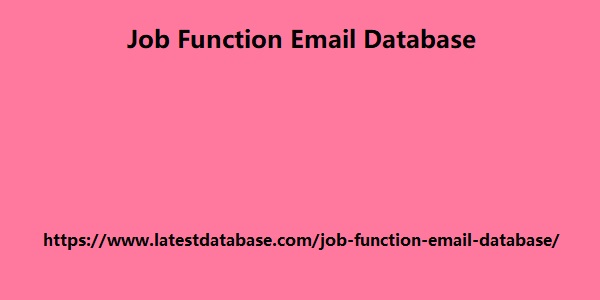Post by account_disabled on Feb 20, 2024 2:55:52 GMT -7
Dombrovskis is expected to air a long list of trade grievances, as well as his concerns about a trade deficit that has ballooned to nearly €400 billion (which EU ambassador Jorge Toledo called “the highest in the history of the United States). humanity” at a roundtable on Thursday) and a threat of tariffs on Chinese electric vehicles. The EU commissioner will spend five days in China, addressing a business forum in Shanghai and holding talks with senior officials in Beijing that are expected to be the most intense in months. The length of their trip "suggests that both sides want to ensure that some channels remain open after one of the most contentious episodes in the EU-China relationship," said Hosuk Lee-Makiyama, director of the European Center for International Political Economy. who noted that Dombrovskis would meet with Vice Premier He Lifeng, his equivalent in rank, rather than a lower-ranking minister. Among European companies' long-standing complaints is China's refusal to approve medical devices and accept some food products from the bloc.
Dombrovskis is also concerned that Beijing is using security measures to crush competition and will challenge a new data law that requires companies to store data locally. A report published Job Function Email Database this week by the EU Chamber of Commerce in China included more than 1,000 recommendations to overcome what Toledo called “market barriers.” Europe and China needed to “sit down and have a mature conversation about what is the common-sense approach to reducing risks,” said Jens Eskelund, president of the chamber. China, in turn, will challenge the EU's new carbon border tax and the announcement last week of an investigation into electric vehicle subsidies, which could result in tariffs of 10 to 15 percent. Brussels maintains that its car industry is being harmed by artificially cheaper imports. The EU's recent decision to limit exports of silicon chip technology has also stoked tensions.

The concept of national security has been exaggerated," said Wu Hongbo, Beijing's special representative for European affairs. Brussels has been careful to take a softer stance than the United States, which is seeking a more radical decoupling from China. Toledo emphasized Thursday that Europe's focus on reducing risk, rather than decoupling, was driven by the coronavirus pandemic and the war in Ukraine, which disrupted the manufacturing and energy sectors. China's recent controls on exports of germanium and gallium, metals critical for chip manufacturing, "shocked" European companies and underlined the need to reexamine supply chains, Toledo said. China would prefer to keep things as usual, including its tactic of dividing the 27 member states, which have different levels of dependence on its economy, analysts said. But the bloc's stance had hardened, according to former EU Trade Commissioner Karel De Gucht, who served from 2010 to 2014. "What has changed is that the commission realizes that we are really facing a strategic challenge.
Dombrovskis is also concerned that Beijing is using security measures to crush competition and will challenge a new data law that requires companies to store data locally. A report published Job Function Email Database this week by the EU Chamber of Commerce in China included more than 1,000 recommendations to overcome what Toledo called “market barriers.” Europe and China needed to “sit down and have a mature conversation about what is the common-sense approach to reducing risks,” said Jens Eskelund, president of the chamber. China, in turn, will challenge the EU's new carbon border tax and the announcement last week of an investigation into electric vehicle subsidies, which could result in tariffs of 10 to 15 percent. Brussels maintains that its car industry is being harmed by artificially cheaper imports. The EU's recent decision to limit exports of silicon chip technology has also stoked tensions.

The concept of national security has been exaggerated," said Wu Hongbo, Beijing's special representative for European affairs. Brussels has been careful to take a softer stance than the United States, which is seeking a more radical decoupling from China. Toledo emphasized Thursday that Europe's focus on reducing risk, rather than decoupling, was driven by the coronavirus pandemic and the war in Ukraine, which disrupted the manufacturing and energy sectors. China's recent controls on exports of germanium and gallium, metals critical for chip manufacturing, "shocked" European companies and underlined the need to reexamine supply chains, Toledo said. China would prefer to keep things as usual, including its tactic of dividing the 27 member states, which have different levels of dependence on its economy, analysts said. But the bloc's stance had hardened, according to former EU Trade Commissioner Karel De Gucht, who served from 2010 to 2014. "What has changed is that the commission realizes that we are really facing a strategic challenge.


